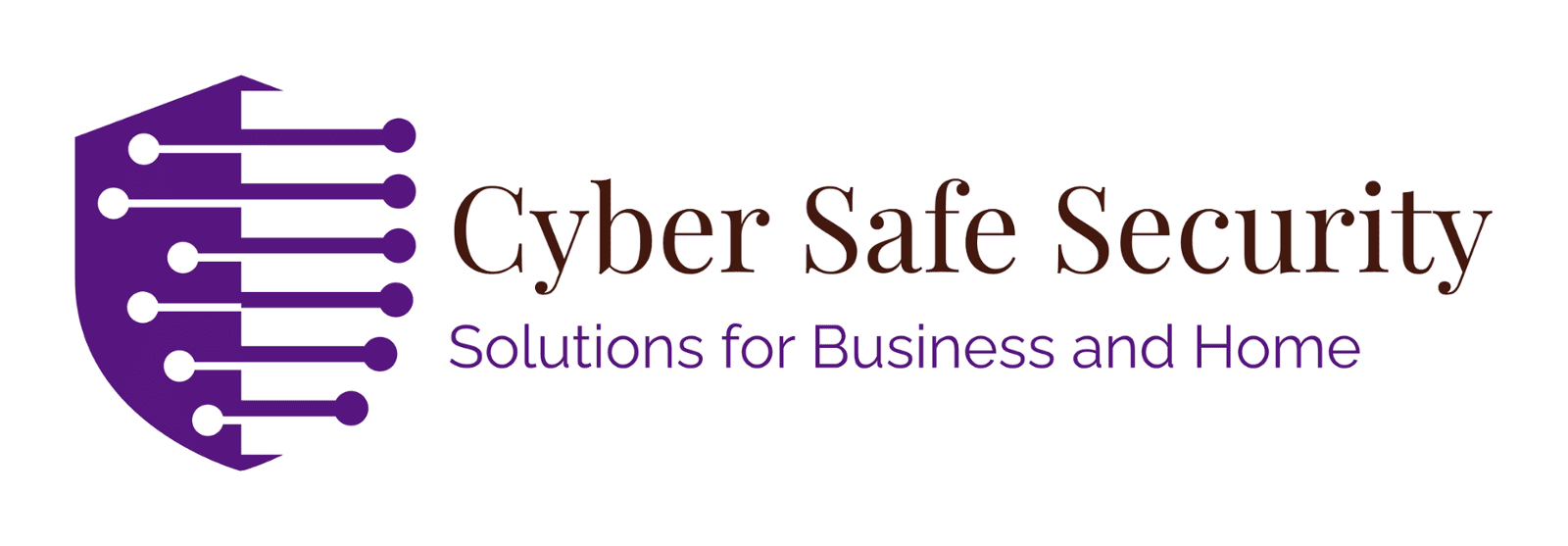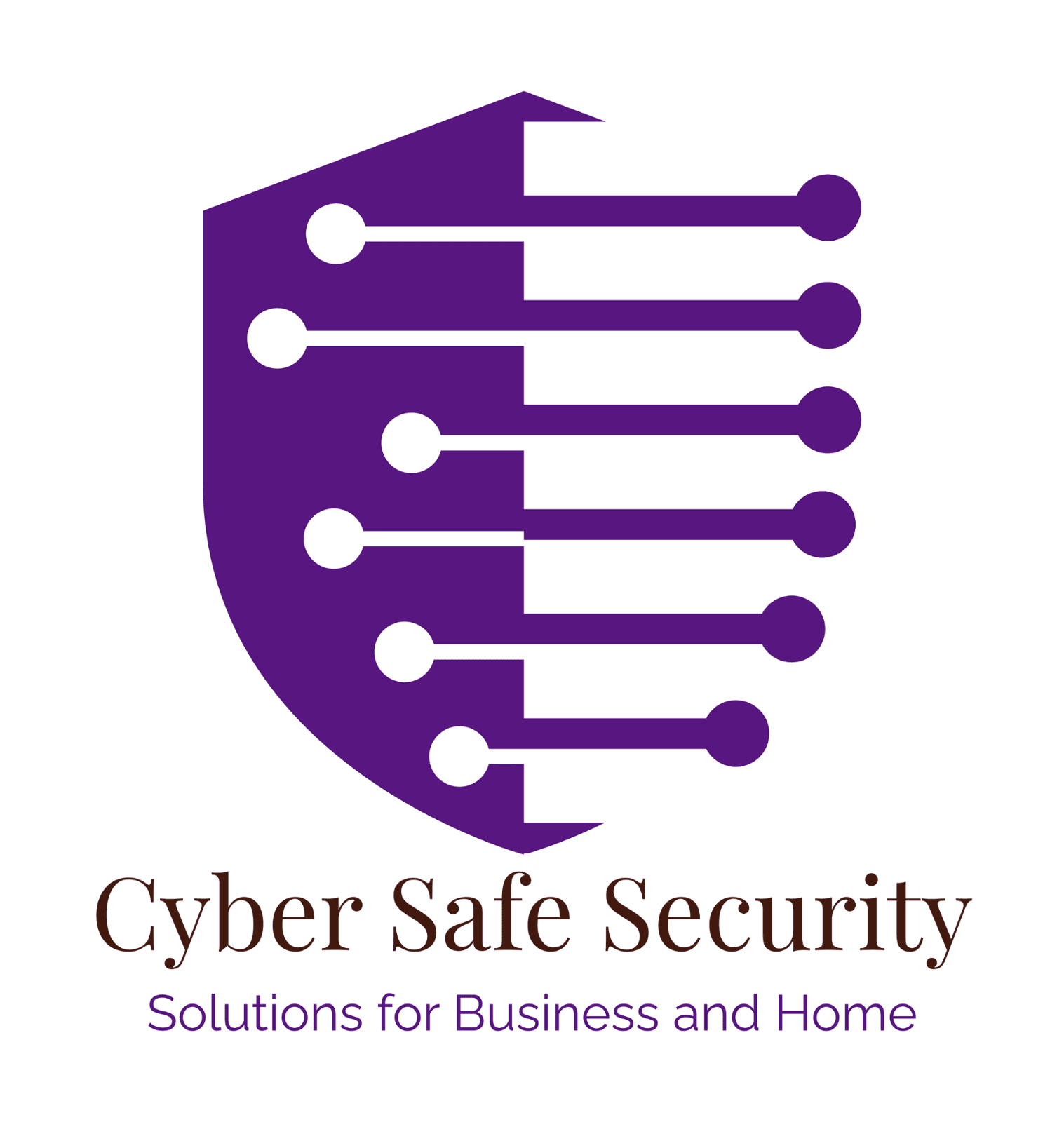Cybersecurity in Churches: A Unique Challenge
Cybersecurity in Churches: A Unique Challenge

Cybersecurity is a critical concern for all organizations in the digital age, including churches. However, churches face unique challenges that make cybersecurity particularly important for them. This page explores why cybersecurity is vital for churches, the specific risks they face, and the measures they can take to protect their digital assets and maintain trust within their congregation.
Why Cybersecurity Matters to Churches
Churches handle a wide range of sensitive information, including personal details of their congregation members, financial records, and donation data. Protecting this information is essential for several reasons:
Confidentiality: Church members often share personal information with their church, including contact details, health information, and prayer requests. Keeping this information confidential is crucial to maintaining trust and ensuring the privacy of individuals.
Financial Integrity: Churches manage donations and financial contributions from their congregation. Cyberattacks targeting financial records can lead to significant financial losses and undermine the church's ability to fund its activities and support its community.
Reputation Management: Trust is a cornerstone of any religious organization. A cybersecurity breach can damage a church's reputation, erode trust within the congregation, and hinder its mission.
Unique Cybersecurity Risks Faced by Churches Churches face specific cybersecurity risks that may differ from those encountered by other organizations:
Volunteer Base: Many churches rely on volunteers who may not have extensive training in cybersecurity practices. This can make churches more vulnerable to social engineering attacks, phishing, and other cyber threats.
Limited Resources: Smaller churches may have limited financial and technological resources to invest in advanced cybersecurity measures. This can leave them more exposed to cyber threats compared to larger organizations with dedicated IT departments.
Diverse Technology Use: Churches often use a variety of technologies, from websites and online donation platforms to social media and email communication. Each of these platforms presents potential vulnerabilities that cybercriminals can exploit.
Key Cybersecurity Measures for Churches To address these unique challenges, churches can implement several key cybersecurity measures:
Educate and Train Volunteers and Staff: Provide regular training on cybersecurity best practices, such as recognizing phishing emails, creating strong passwords, and avoiding suspicious links. This helps build a culture of security awareness within the church.
Regular Data Backups: Implement a robust data backup strategy to ensure that critical information can be restored in case of a cyber incident. Regularly back up data to secure, offsite locations.
Use Strong Authentication Methods: Implement strong authentication methods, such as two-factor authentication (2FA), to protect access to sensitive systems and data. This adds an extra layer of security beyond just passwords.
Update and Patch Systems: Regularly update software, websites, and systems to patch vulnerabilities. Ensure that all technology used by the church is kept up to date with the latest security patches.
Implement Access Controls: Limit access to sensitive information and systems to only those who need it. Use role-based access controls to ensure that volunteers and staff have the appropriate level of access based on their responsibilities.
Conduct Security Audits: Perform regular security audits and assessments to identify potential vulnerabilities and address them proactively. This can help uncover weaknesses before they are exploited by cybercriminals.
Secure Online Donations: Use reputable and secure online donation platforms to protect financial transactions. Ensure that these platforms are compliant with relevant security standards and regulations.
Conclusion Cybersecurity is a critical aspect of modern church operations. By understanding the unique risks they face and implementing robust cybersecurity measures, churches can protect their sensitive information, maintain trust within their congregation, and continue their mission effectively. Investing in cybersecurity not only safeguards the church's digital assets but also supports its overall mission of serving and supporting its community.
Churches should consider using Cyber Safe Security in addition to their internal IT team for several important reasons:
1. Expertise and Specialization: Third-party cybersecurity companies specialize in protecting organizations from cyber threats. They bring a depth of knowledge and experience that internal IT teams might not possess, ensuring the latest and most effective security measures are in place.
2. Comprehensive Security: A third-party cybersecurity company offers a holistic approach, covering all aspects of the church's digital infrastructure. This ensures that all potential vulnerabilities are addressed, providing thorough protection.
3. Advanced Tools and Technologies: Cybersecurity firms use advanced tools and technologies that may not be available to internal IT teams. These tools enhance the detection and mitigation of threats, ensuring robust security measures.
4. Cost-Effectiveness: Hiring a third-party cybersecurity company can be more cost-effective than building and maintaining a comprehensive internal cybersecurity team. It allows churches to access top-tier security services without the high costs associated with maintaining an in-house team.
5. 24/7 Monitoring and Support: Cybersecurity companies provide round-the-clock monitoring and support, promptly addressing any security incidents. This level of vigilance is crucial for maintaining the continuity of church operations and ensuring the safety of sensitive data.
6. Regulatory Compliance: Cybersecurity firms stay up-to-date with the latest regulations and compliance standards. They help churches adhere to data protection laws, reducing the risk of legal penalties and ensuring that the church follows best practices.
7. Proactive Threat Detection: Third-party cybersecurity companies use sophisticated methods to proactively detect and mitigate threats. They can identify vulnerabilities before they are exploited by cybercriminals, ensuring continuous protection.
8. Incident Response and Recovery: In the event of a cyber incident, cybersecurity companies have the expertise and resources to respond quickly and effectively. They help minimize damage and restore normal operations, ensuring that the church's mission and activities continue without significant disruption.
9. Training and Education: Many cybersecurity firms offer training and educational resources for church staff and volunteers. This helps build a culture of cybersecurity awareness within the church, reducing the risk of human error.
10. Peace of Mind: Knowing that a professional cybersecurity company is managing their digital security allows church leaders to focus on their core mission without worrying about cyber threats. This peace of mind is invaluable for maintaining the overall health and effectiveness of the church.
By partnering with a third-party cybersecurity company, churches can enhance their security posture, protect sensitive information, and ensure the safety of their digital environment. This collaboration provides a robust defense against cyber threats while allowing the internal IT team to focus on their primary tasks.
For more information, please contact us:




